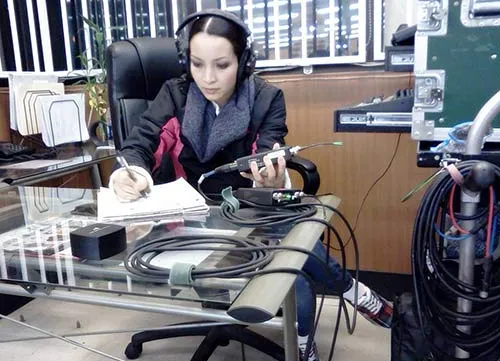Developing the cultural industries in Vietnam

However, the role of the Culture Industry in Vietnam is still limited. Its economic potential hasn’t been fully harnessed. That is why, for the first time, the draft for the 12th National Congress included a National strategy for the development of Cultural Industries to 2020, with a vision to 2030.
World famous Saxophone legend Kenny G came to Vietnam and played in Hanoi for the first time in October. Earlier, Peabo Bryson, famous for “Tonight I celebrate my love for you” also performed in Hanoi with young Vietnamese artists. This is an example of how the Cultural Industry operates. It brings quality arts to Vietnam, produces cultural goods, and also supports the country financially.
"We need to treat Culture as a market for products that consumers are looking for. Accordingly, we will have clearer policies and the market will be more open for private enterprises to join and invest. If we recognise and treat culture as an economic product, people will start paying money for it", Le Quoc Vinh, Journalist of President of the Creative Entrepreneurs Club, said.
According to Mr Le Quoc Vinh, Vietnam still faces many challenges in developing its own Cultural Industry. Investments should be made to maintain the country’s cultural values, as well as educate people. However, there are still cases where profit is prioritised. Vietnam needs to build an environment for creativity, as well as improve its management. Recognizing its shortcomings will help Vietnam build a successful Cultural Industry.
The Korean government realized the important role of culture in its economy and have put a lot of effort into this industry. The Korean Government’s decision to invest in culture has surely paid off.
The Kpop industry alone has contributed almost 4 billion USD to Korea’s economy each year. The cultural industries have also promoted other industries, resulting in an increase in sales for other merchandise, like electronics and clothing.





